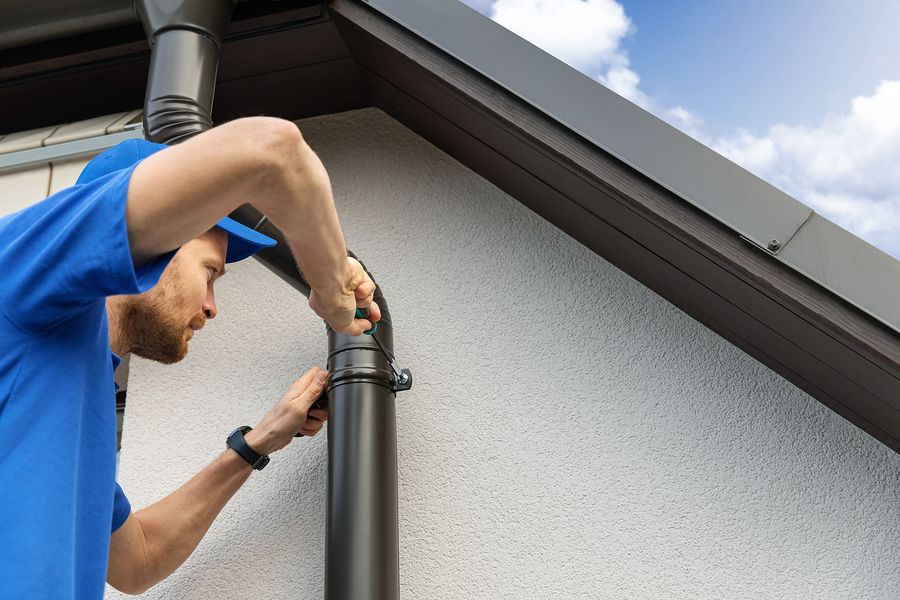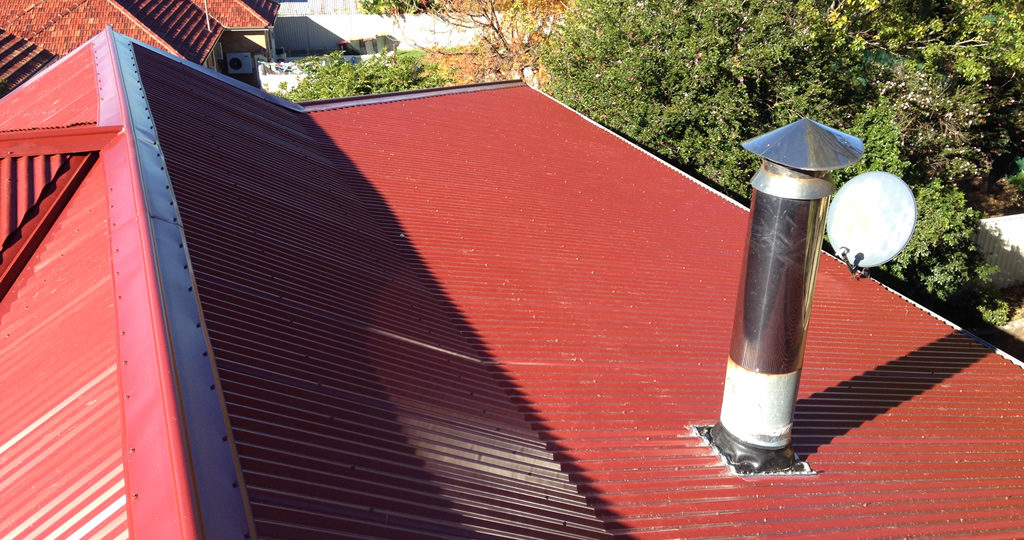Welcome to the Topic “The need for a roof plumber and the difference between a roof plumber, a roofer and a roofing contractor”
What is a roof plumber?
The term “plumber” is essential to differentiate a roof plumber from the other types. In addition to having the education and experience necessary to properly install rain gutters, downpipes, and other similar components, a roof plumber is also an authority on rain and stormwater.
They are properly educated to identify and cure water ingress, both before it happens and after it has already taken place, and they know all the ins and outs of roof construction.
When it comes to roofing jobs that involve leaks or drainage systems, roof plumbers are the go-to individuals because they have an eye for understanding and reading blueprints and diagrams related to drainage systems. Roof plumbers also can read blueprints.
A roof plumber is an individual who has received training in the process of installing rain gutters, downpipes, rainwater tanks, and flashings on business and residential structures. In addition to that, they are capable of installing cladding for roofs and walls. Because they can read and understand technical designs, they can install roof drainage systems in homes with various angles. They calculate the optimum pitch and size of roofs to ensure that water tanks capture the maximum quantity of rainwater possible.
What is a roofer?
The term “roofer” likely is the most generic of the three because it can refer to anyone: someone who is a licenced roofing contractor, someone who is a general contractor, someone who is an unlicensed roofing contractor, or even someone who already works for a roofing company.
Because the phrase’s meaning can be somewhat vague, it is vital to determine whether or not they are licenced. It is also important to investigate their credentials before beginning any work.

Those individuals who work on roofs are collectively referred to as roofers. Consequently, a roofer can be a licenced roofing contractor, a general contractor who can also undertake roofing work, an unlicensed roofing contractor, or an employee of a roofing company. All of these categories fall under the broad term “roofer.” You must establish whether a potential employee possesses the necessary credentials before making a hiring decision. It is permitted for a roofing contractor with a valid licence to bring along an unlicensed roofer to assist him in performing his duties. However, you should avoid using a roofer who is not certified to work on his roof. You are required to make a roofer provide you with a copy of their driver’s licence and contractor’s licence before hiring them.
What is a roofing contractor?
Roofing contractors, also known simply as roofing contractors, are at the opposite extreme of the spectrum. A roofing contractor is a person who holds a licence issued by the state government to carry out most of the tasks involved in roofing.
When you think of the word “contractor,” you can also think of it as a roofing company. In contrast to a roof plumber or a roofer, a roofing contractor is not typically just one person (although it can be one person from the roofing company they are engaged in).
Even though roof contractors do/should possess the skills and qualifications of roof plumbers, it is common to associate roof contractor work with a “larger” scale, such as your roof restorations and roof replacements. This is because roof plumbers typically work on residential roofs, whereas roof contractors typically work on commercial roofs.
Roofing contractors must have a licence given by the government, which verifies that they have the necessary expertise and training to install, mend, and replace roofs. Most of the time, roofing contractors are responsible for their job. However, in certain circumstances, companies will hire a subcontractor to carry out the work on their behalf. Several roofing contractors hold positions within the employ of roofing companies. In addition, roofing contractors rarely work on their own. They typically bring along a crew that consists of additional individuals that are trained and skilled.
Imagine it as an agency, and in which case, if you have a contract with the agency (contractor), it will be up to the contractor to send whoever they believe is essential to get the work done. This could be due to various factors, such as the scope of the task or the location of the business.
When do you need a roof plumber
Recent Construction and Roofing Efforts
You can get assistance with preparing a plan for new buildings from a roof plumber. This includes assisting you in determining the necessary components, such as materials and structures. After that, they offer assistance with the actual roofing project itself.
Roof Flashing
During this step, they check to see if the roof penetration has been flashed or if roof coverings have been installed. This is done to ensure that there are no leaks.
In other words, to cover and safeguard roof structures, they use materials such as metal, glass, and fibreglass. Polycarbonate and method sheets are two other potential materials for use by this company.
Roof Drainage Systems
They connect the sewerage and street drainage systems to the roof drainage systems. This includes both drainage systems for rainwater and drainage systems for stormwater. In addition, they can assist you in planning, designing, and installing roof drainage systems.

Roofing Fixtures
Similarly, they take measurements, build roofing devices, such as gutter downpipes, roof safety systems, roof mesh, and rainwater tanks, and then install those fixtures.
For instance, the plumber working on your roof may recommend hooking up your rainwater tank to the stormwater pipes. In addition, they could wish to set up your indoor plumbing so that it can receive rainwater collected.
Roof Repair And Emergency Plumbing
In addition, they offer emergency plumbing installation and repairs, as well as roofing repair services.
Gutter and downspout installation, repair, and maintenance services are also provided.
Another area in which a roofing and plumbing contractor may be useful is in this respect.
Blocked Gutters
Water will build up when your roof gutters are cracked, damaged, or blocked. Mould will grow, your walls may be damaged, and the ceilings and fixtures may be affected. You may have to get the gutter cleaned or install a new one.
Structural Damage
When you see weakened or rotting wood in wooden foundations, water seeps into the structure.
Likewise, it follows that the structural integrity of your home is being compromised.
Have any questions regarding the topic “The need for a roof plumber and the difference between a roof plumber, a roofer and a roofing contractor” feel free to comment below.
Also Read: What Makes a Great Roofing Contractor?

